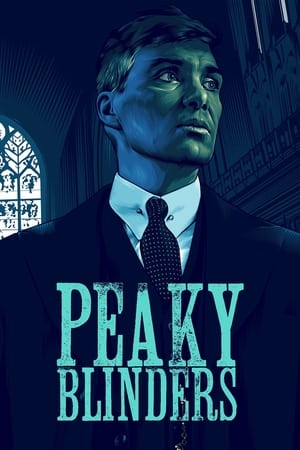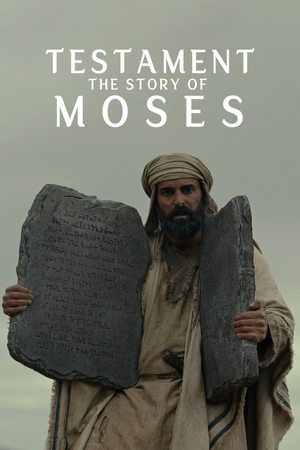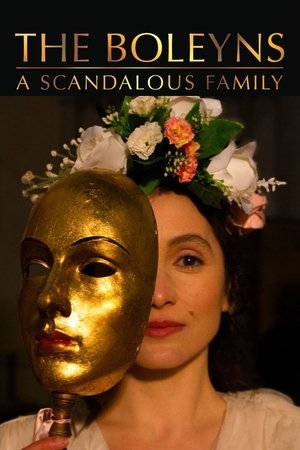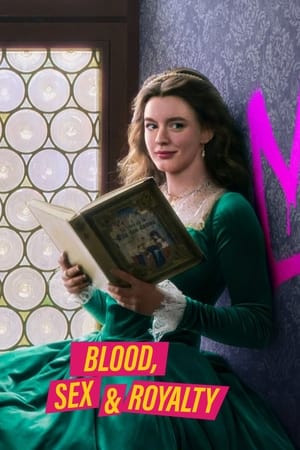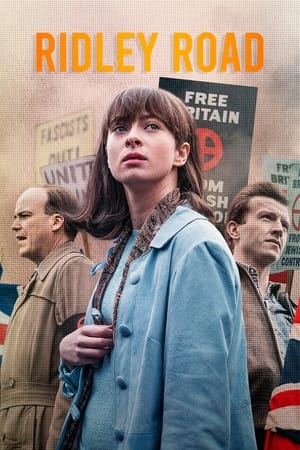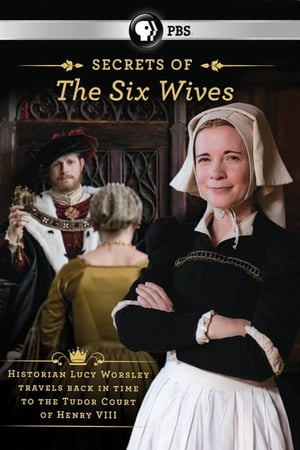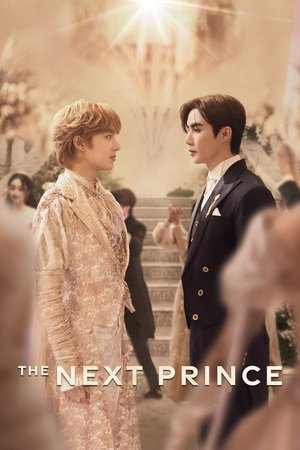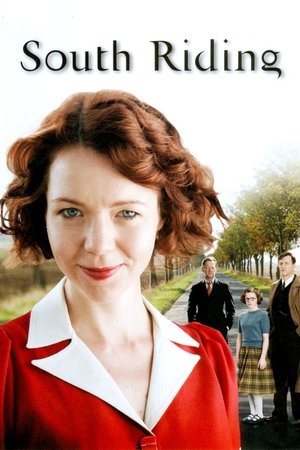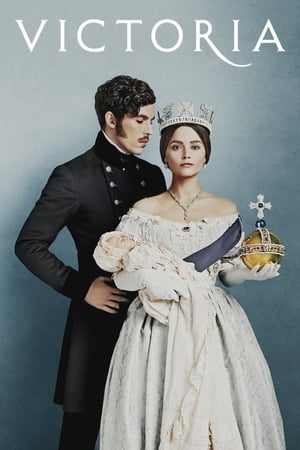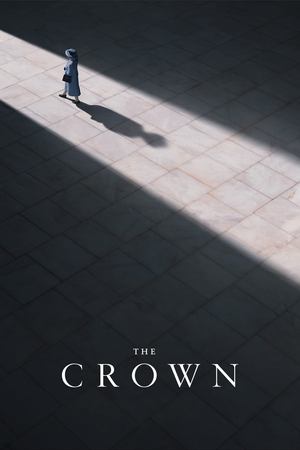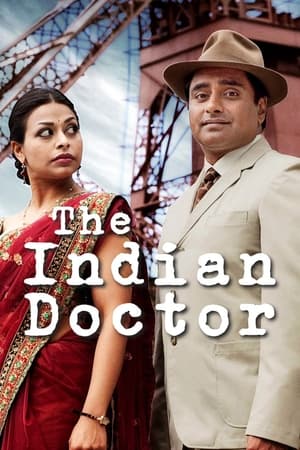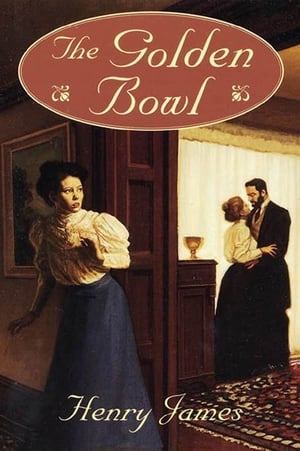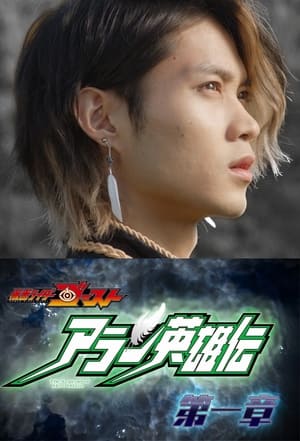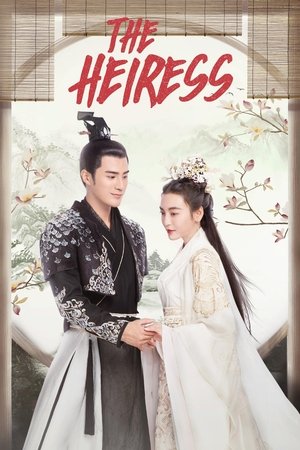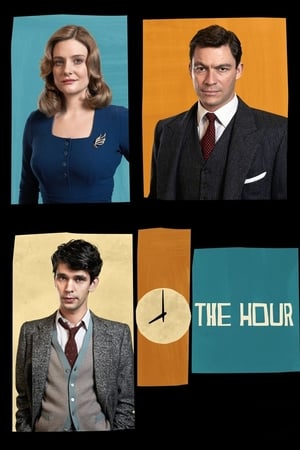Overview
The life of Prince John, youngest child of Britain's King George V and Queen Mary, who died at the age of 13 in 1919.
Reviews
Set across two, quite distinctive, feature-length episodes, this collaboration between the BBC and auteur Stephen Poliakoff tells the story of the youngest son of King George V (Tom Hollander) and Queen Mary (Miranda Richardson). Initially, Prince John is played by a charming Daniel Williams as he lives a life under the tutelage of his loving governess Lalla (Gina McKee) whilst his grandfather Edward VII (Sir Michael Gambon) rules the British Empire. It's his death that propels his parents into the spotlight and introduces us more to this young lad who clearly has learning difficulties. He is easily distracted, politely disruptive and is brought up with minimal input from his busy parents. It quickly transpires that the young man has epilepsy, and the immediate reaction from the consulting physicians is that he must be kept away from anything even remotely stressful. A comfortable farmhouse on the royal estate at Sandringham is to be his refuge and as he ages, the young lad (now Matthew James Thomas) becomes ever more reliant on his governess as events globally put an even greater strain on the country reducing, still further, the time he manages to spend with his parents. What Poliakoff presents here is largely speculative, but he does try to offer us a realistically sympathetic look at how this young lad grew up. Never neglected physically, but emotionally he was adrift of his parents for much of his life. The contribution from Richardson goes some way to illustrate that this isn't wilful neglect, or abandonment, but a combination of established practice amongst the aristocracy and an operational necessity for both him and them. That said, there are still some scenes here that border on the cruel and insensitive, and in the end we are delivered of a grand looking, beautifully crafted, story that sort of epitomises rigidity, loneliness and is really rather sad. I found the first part takes just a little too long to establish the characters and is a little pace-free at times, but once the child is old enough to engage more robustly with his situation and with those around him, then the drama comes into it's own more and there's a touching dynamic between Thomas and a very convincing McKee whose own characterisation offers us a sometimes quite contradictorily layered approach to her own views on her charge's parental relationship. It's a compelling story about a young boy who had everything but that which he needed most, and shines quite a powerfully potent light on the societal attitudes and limitations of medical science that prevailed a century ago in the most powerful country on Earth.

 English
English
 7.1
7.1
 2003
2003
 United Kingdom
United Kingdom
 CinemaSerf wrote:
CinemaSerf wrote: